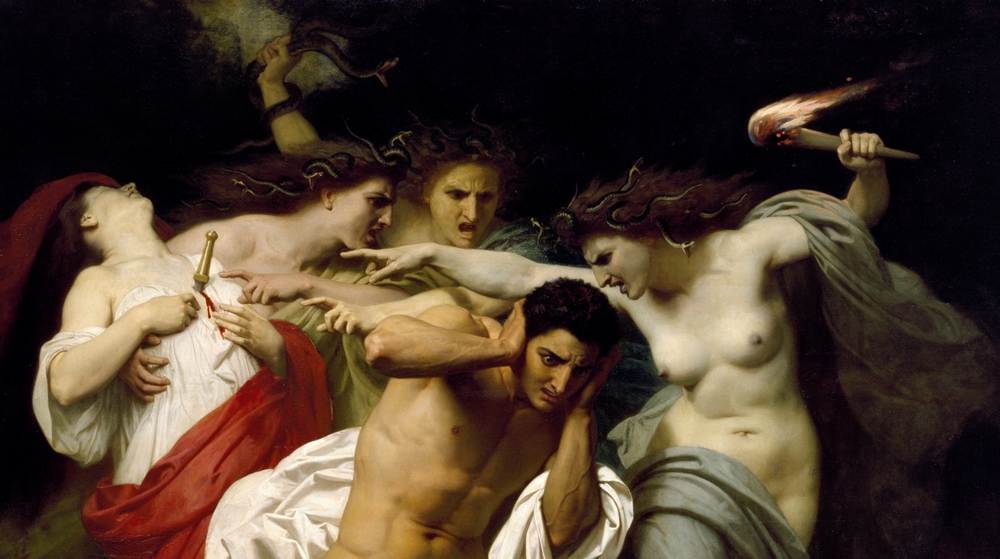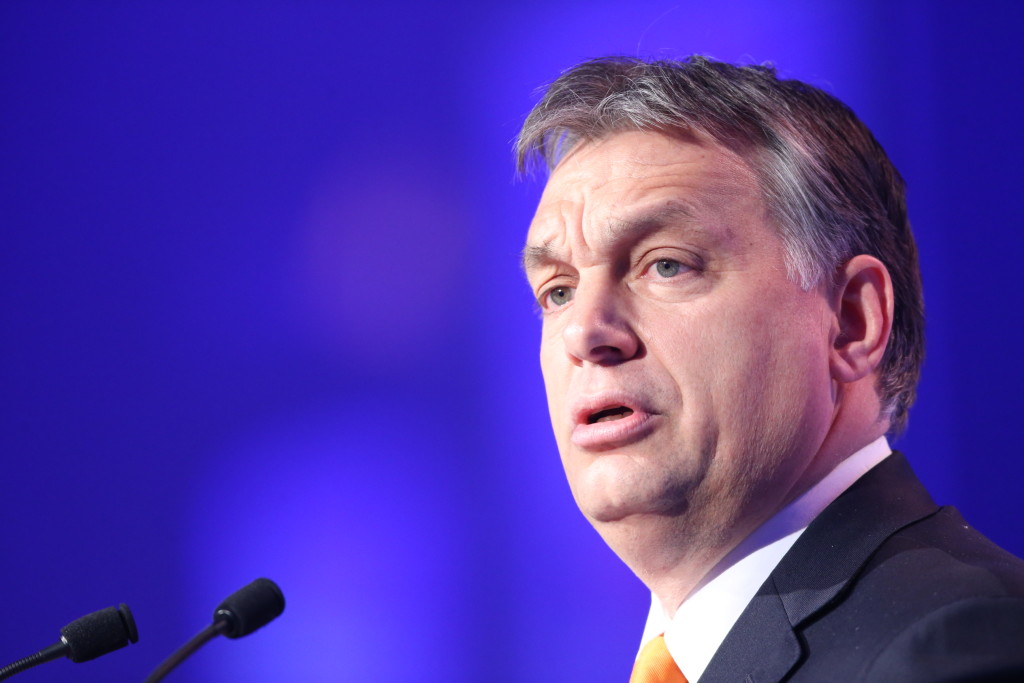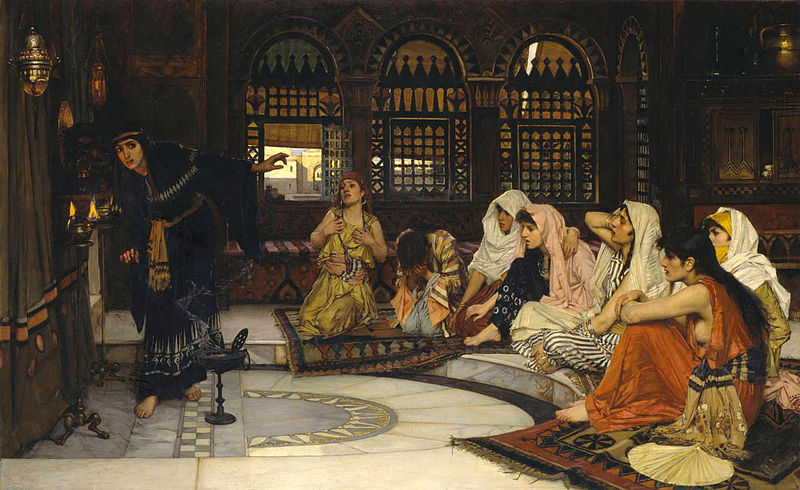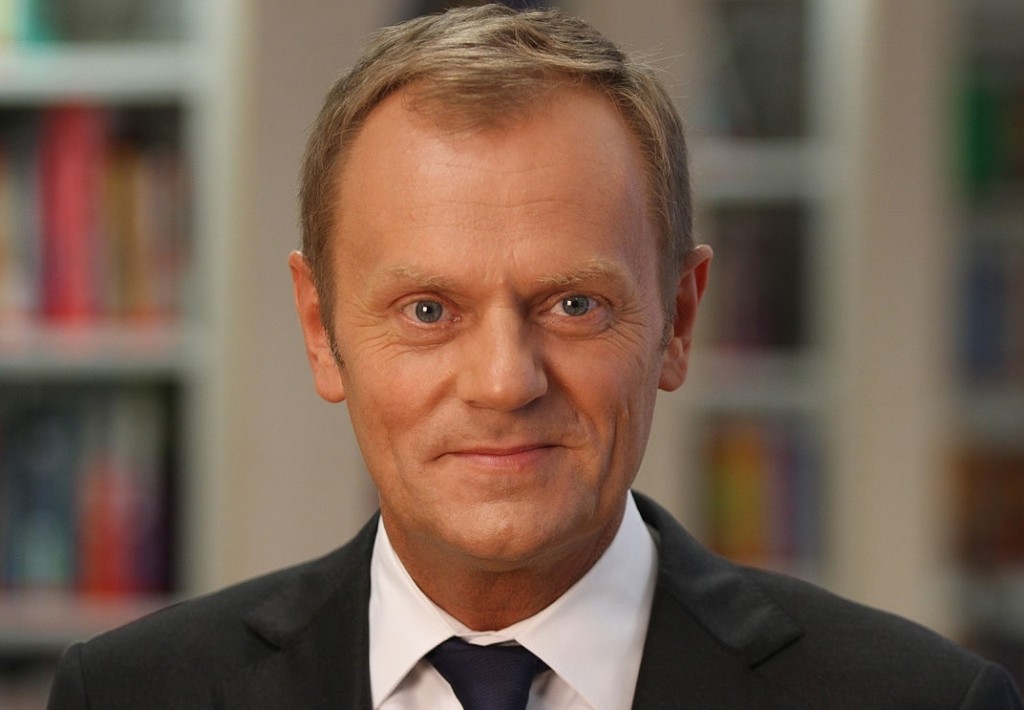
Quo Vadis Hungary? Power Grab Amid COVID-19 Crisis
The “Coronavirus Law” adopted by the Hungarian Parliament on March 30 did not only enable Prime Minister Viktor Orbán to govern by decree for an unlimited period of time, but also suspended elections and referendums. With the passing of the emergency law, the parliament had disempowered itself.










